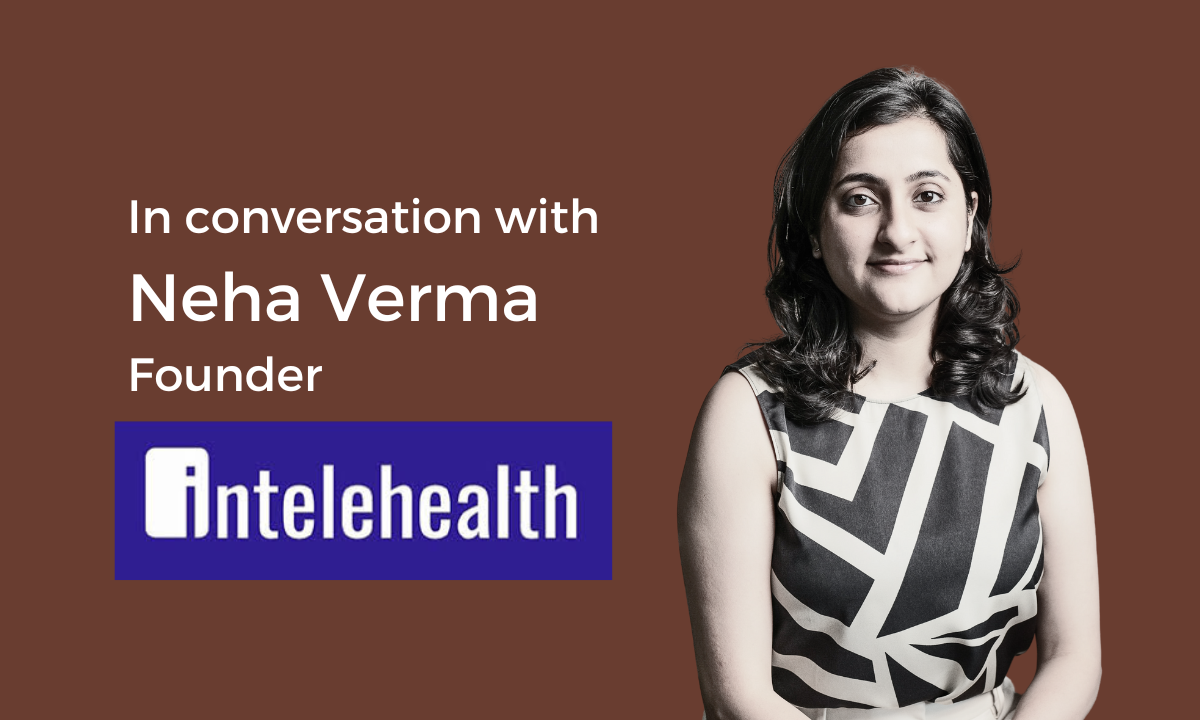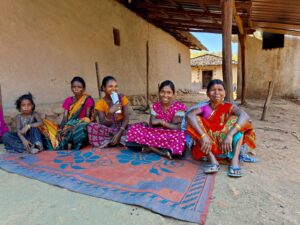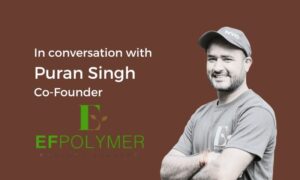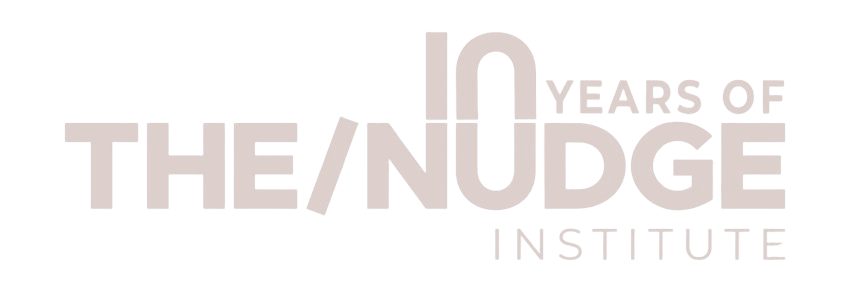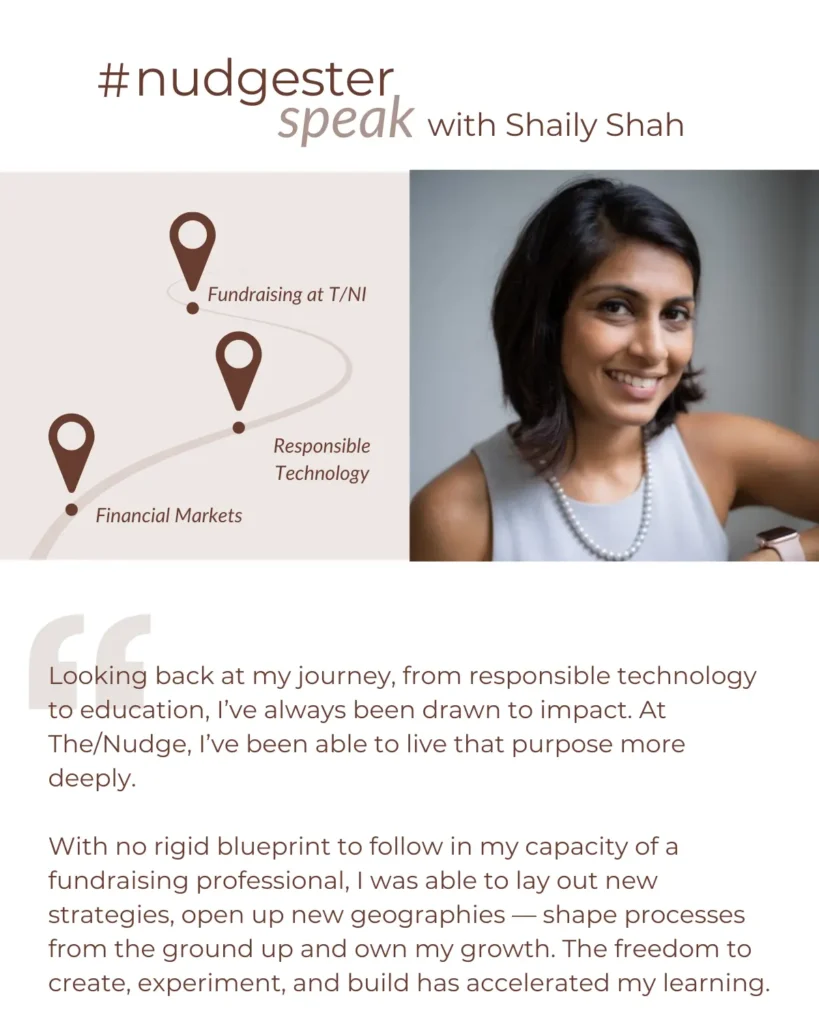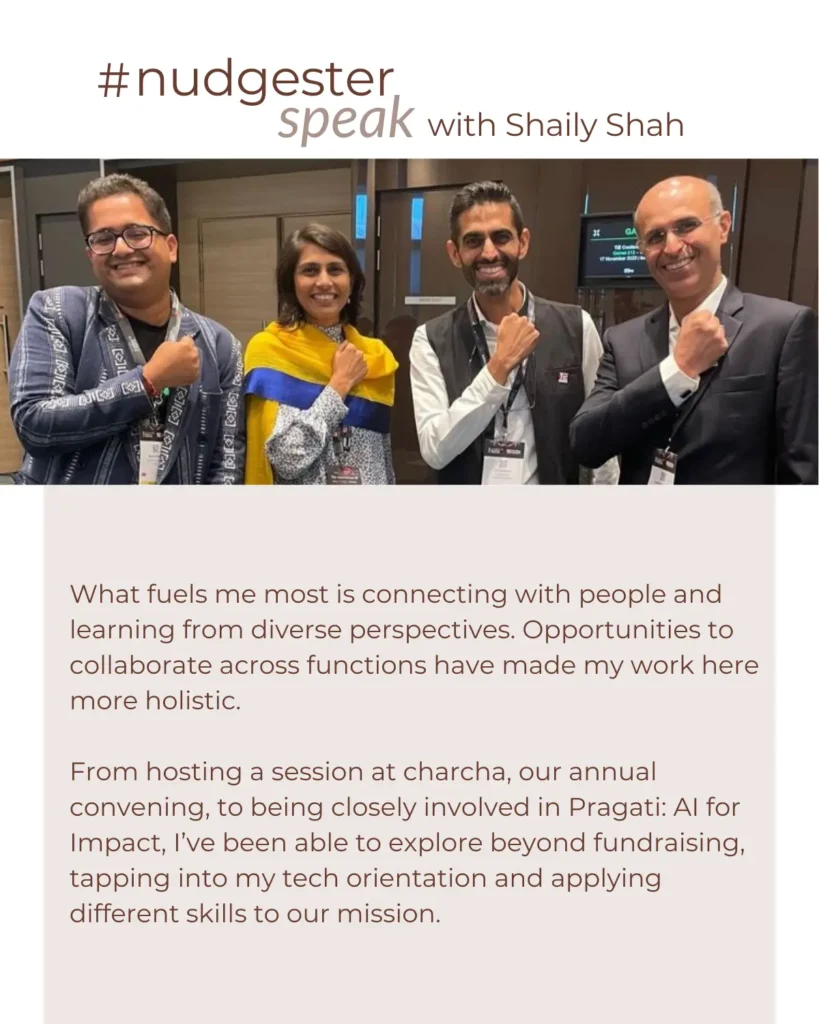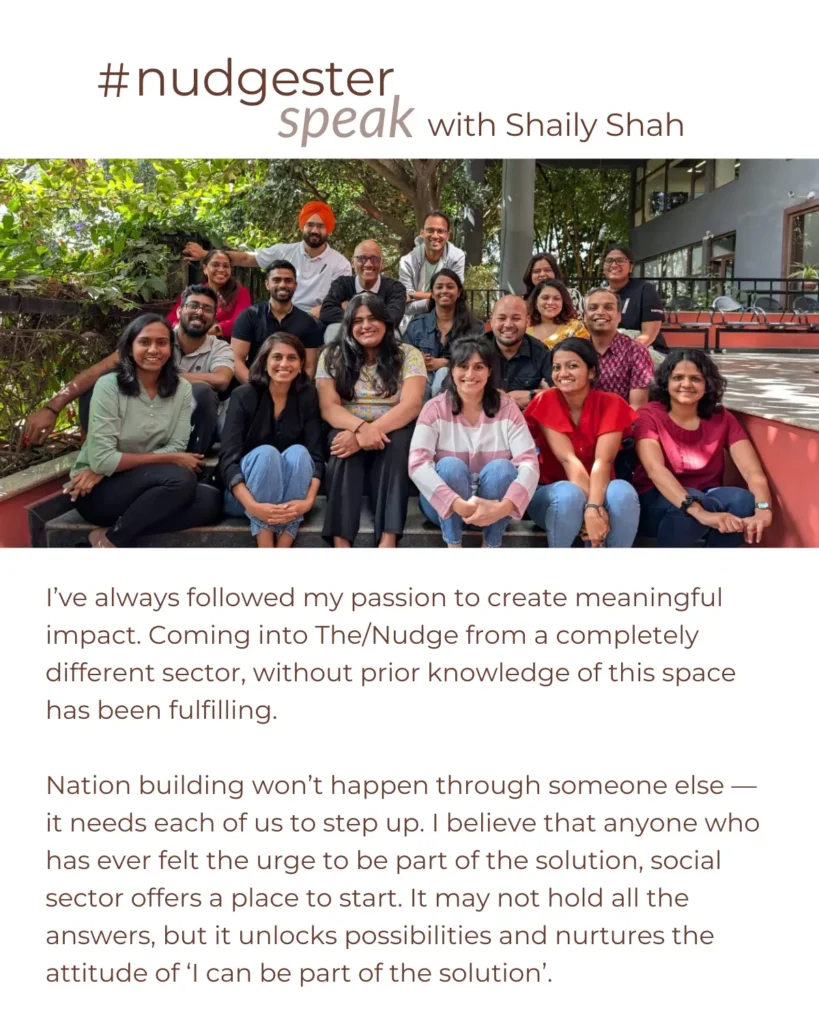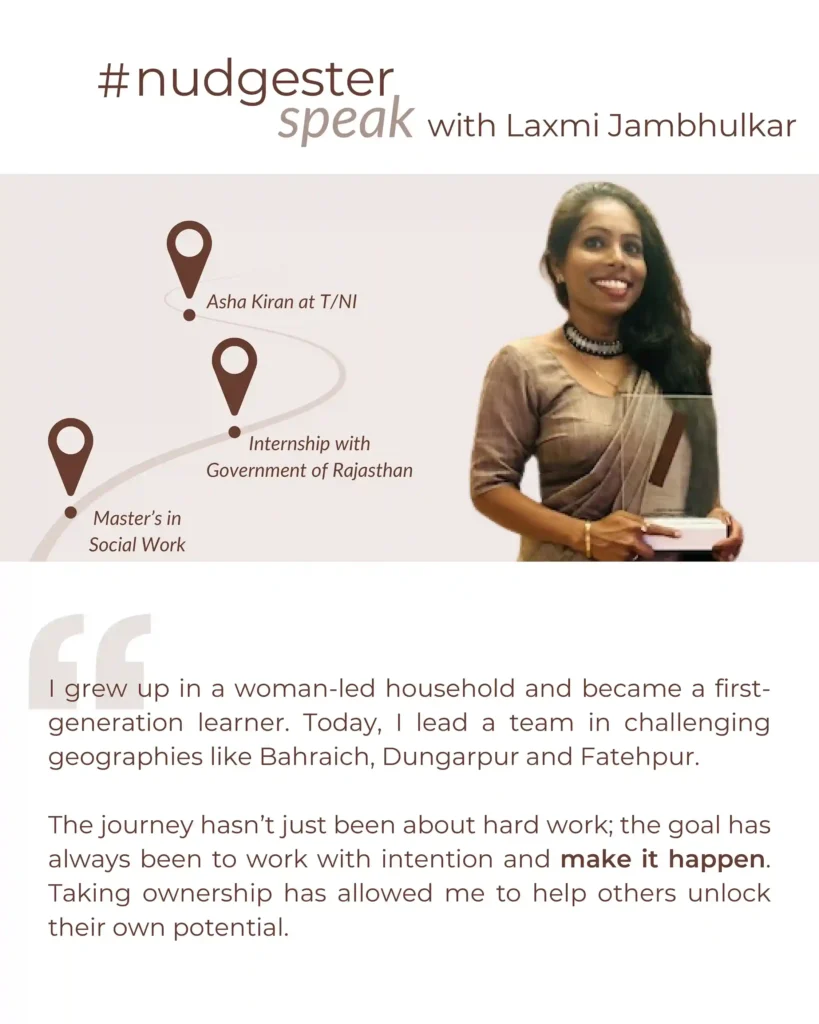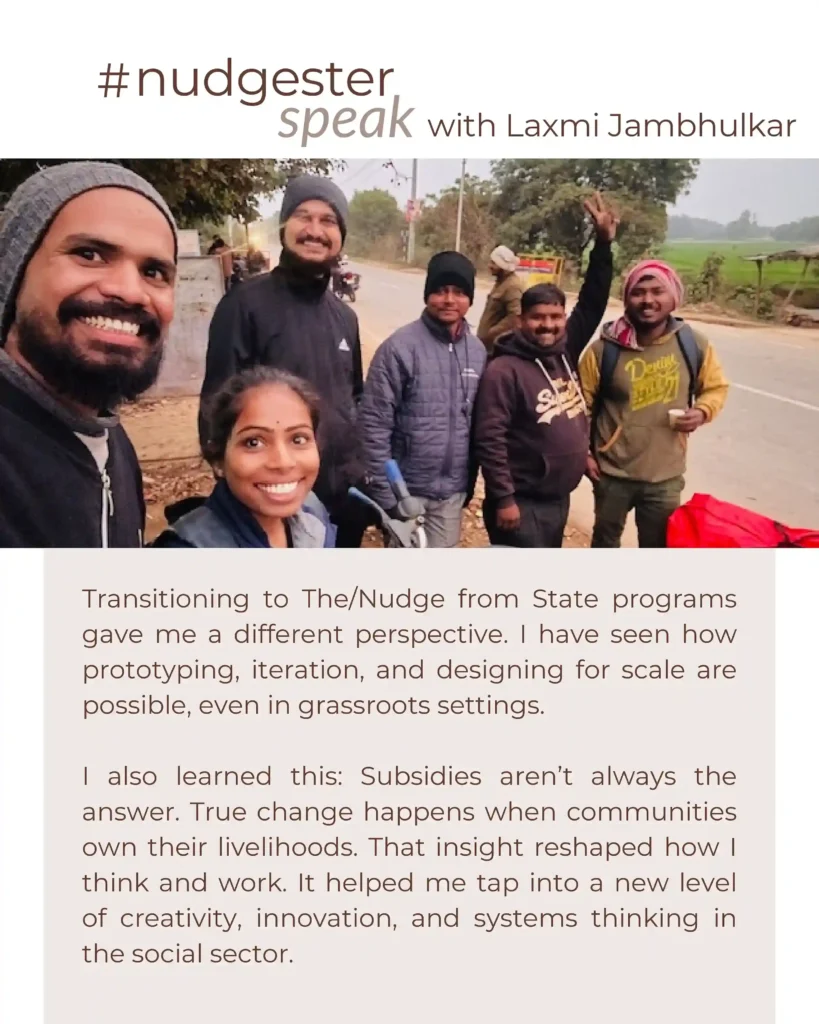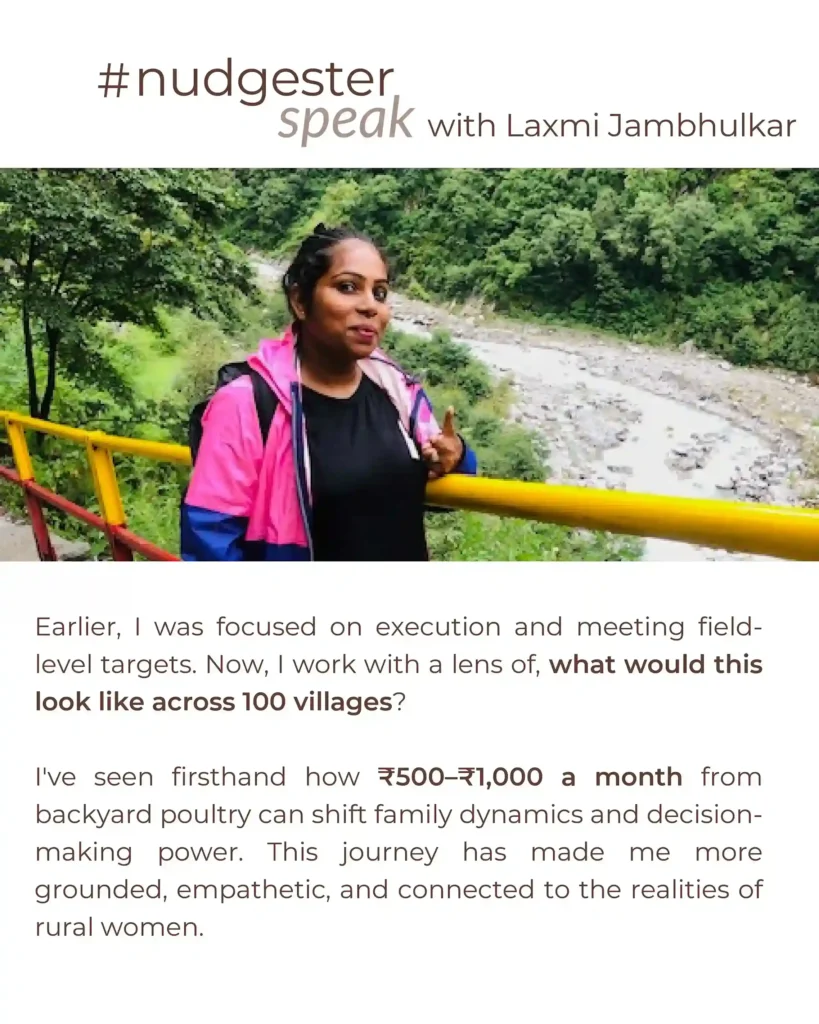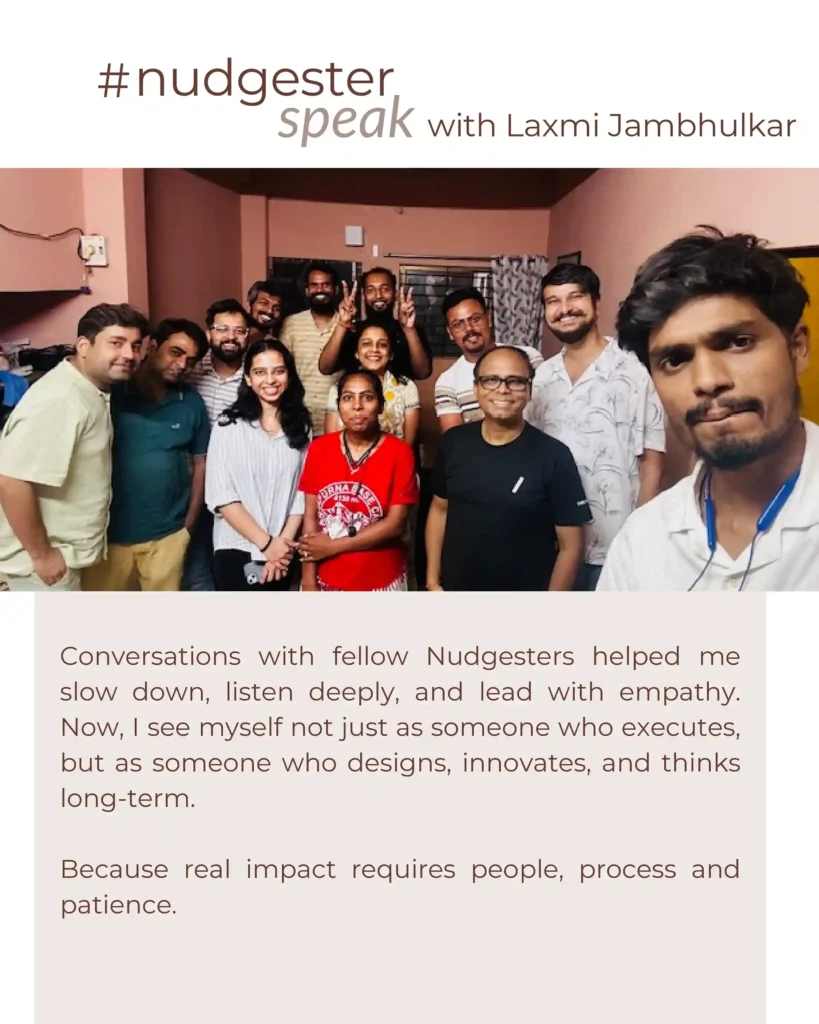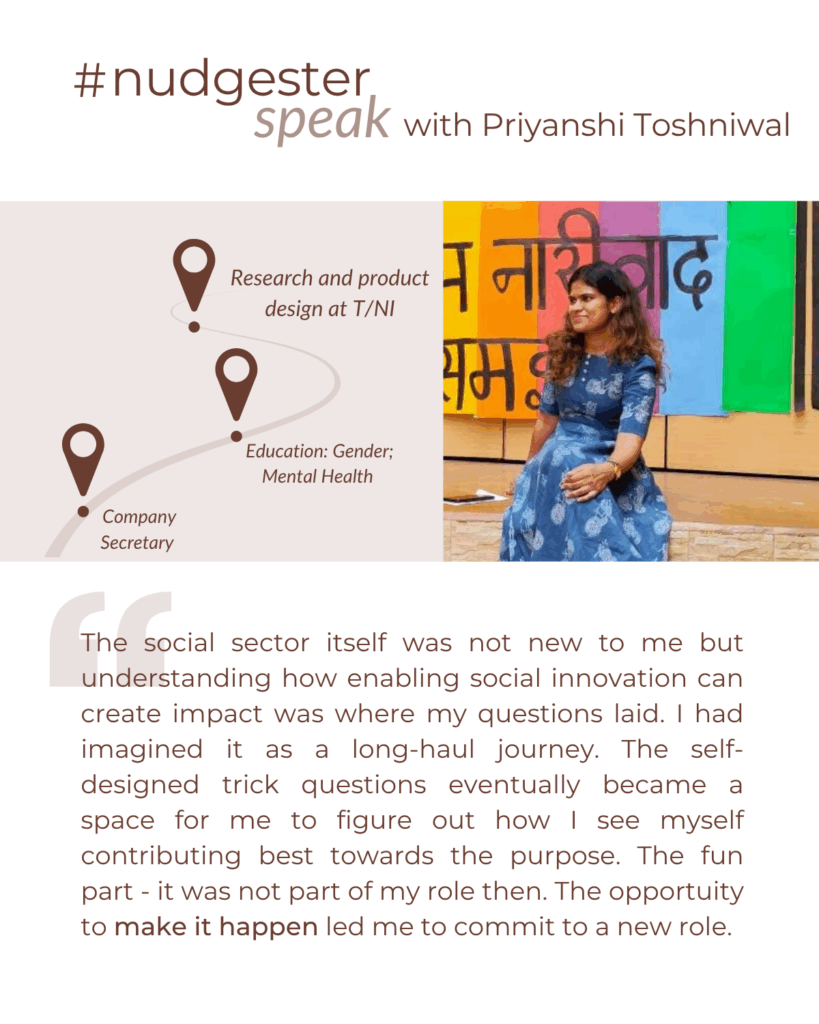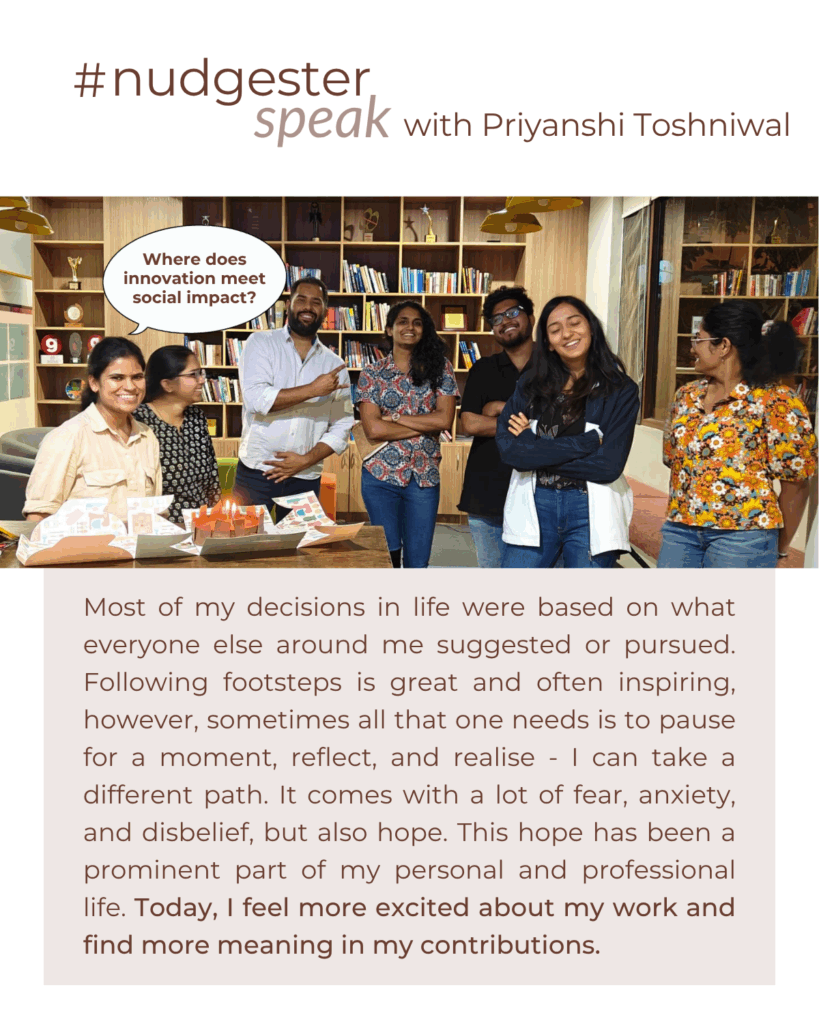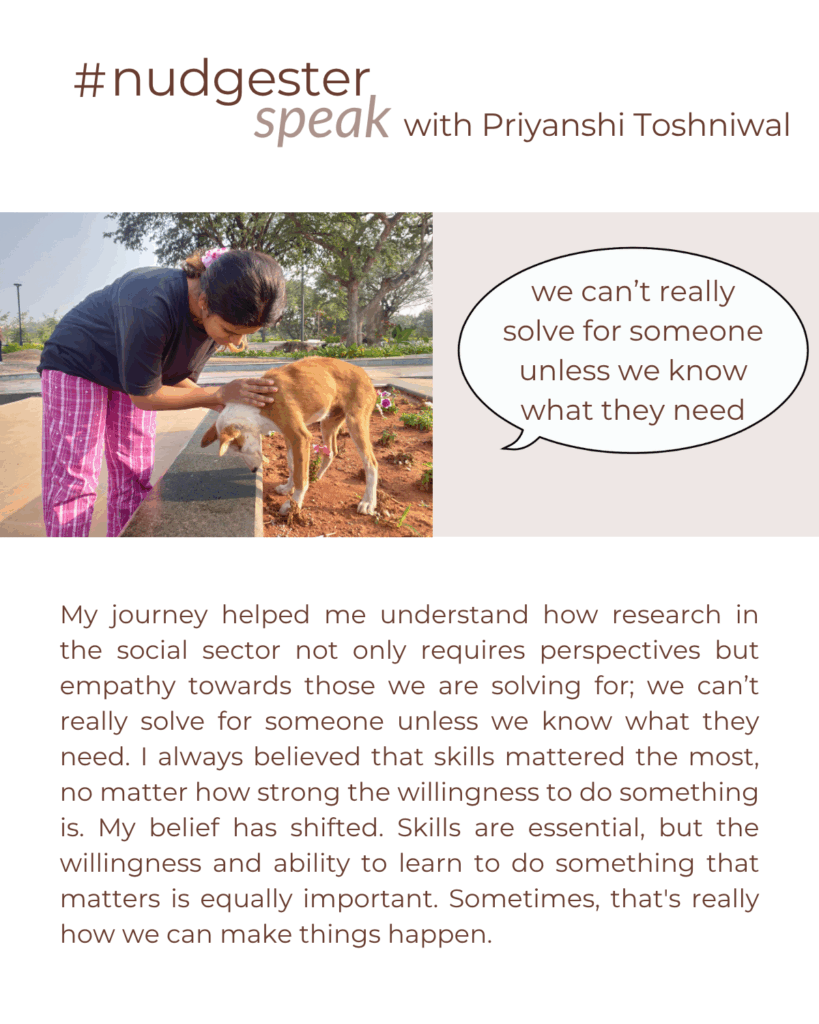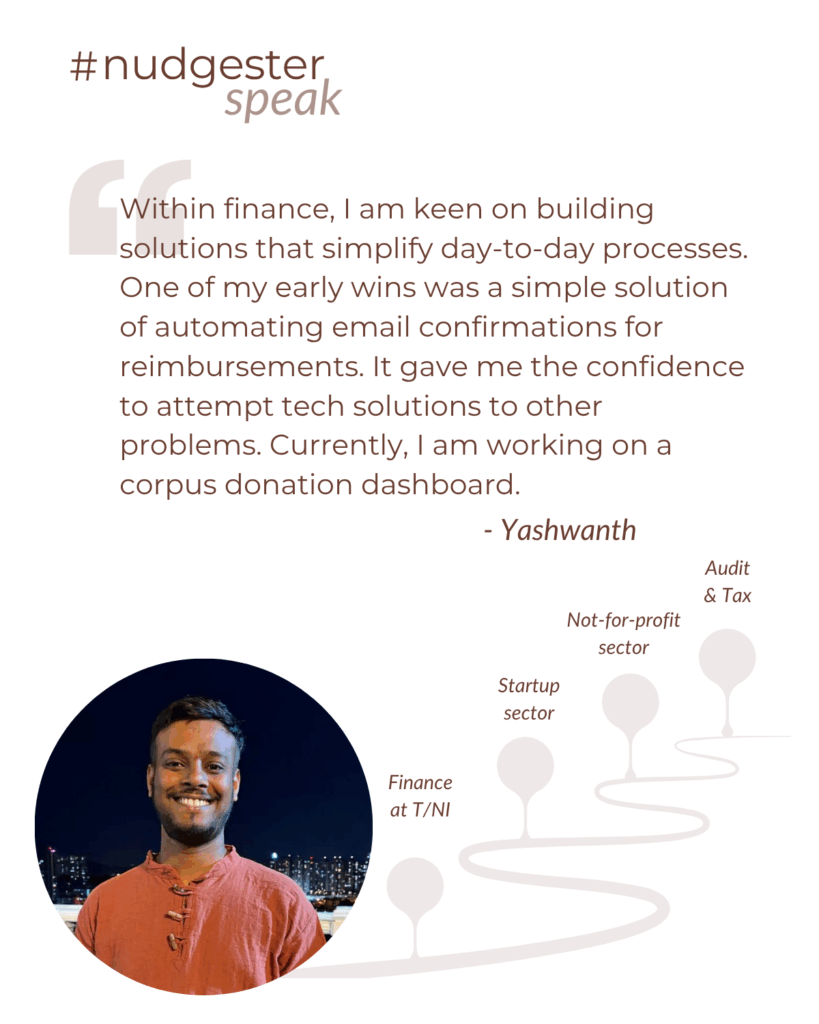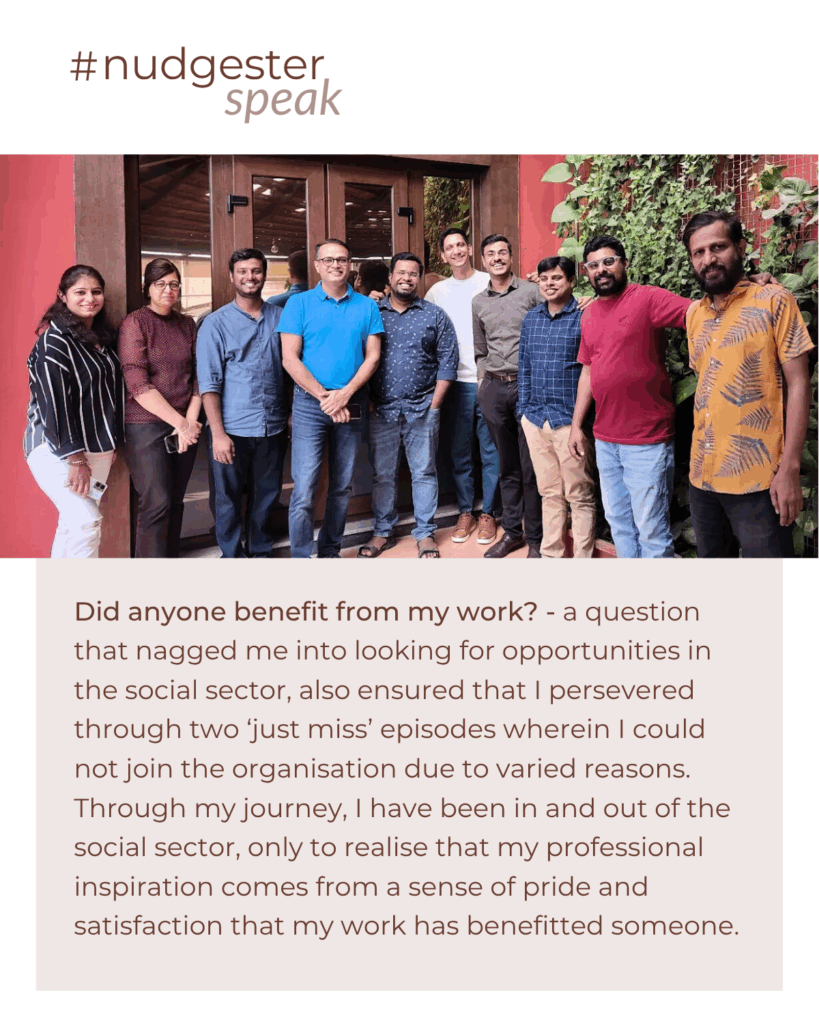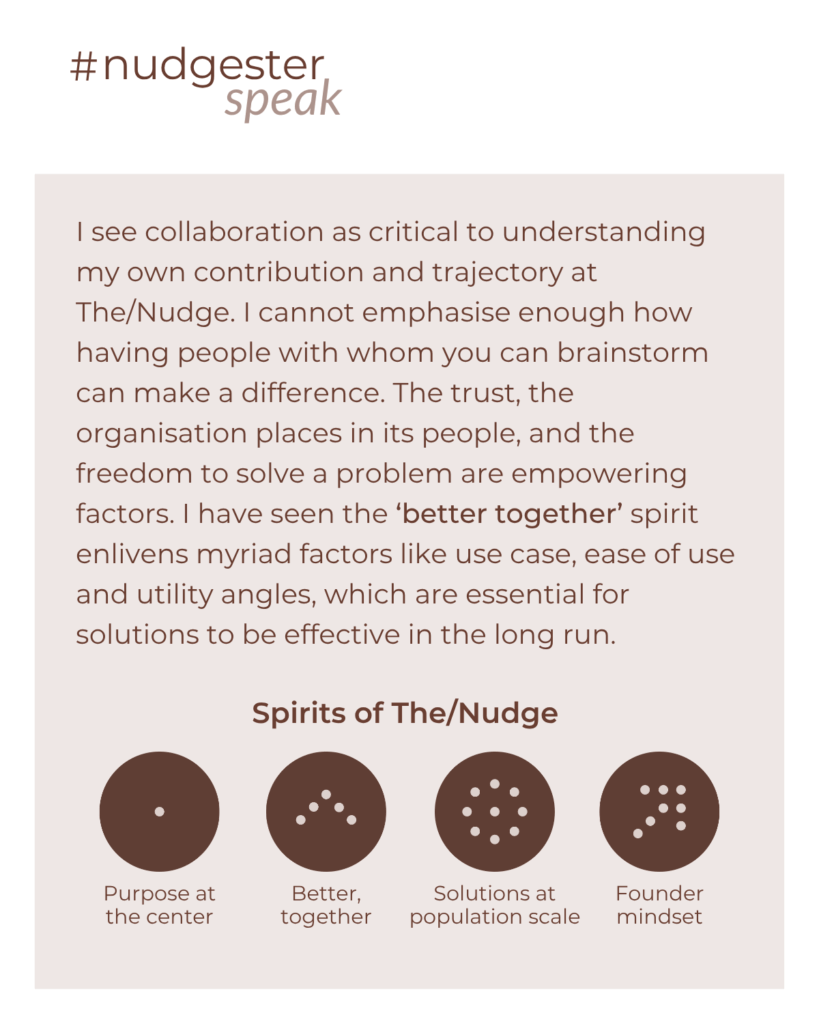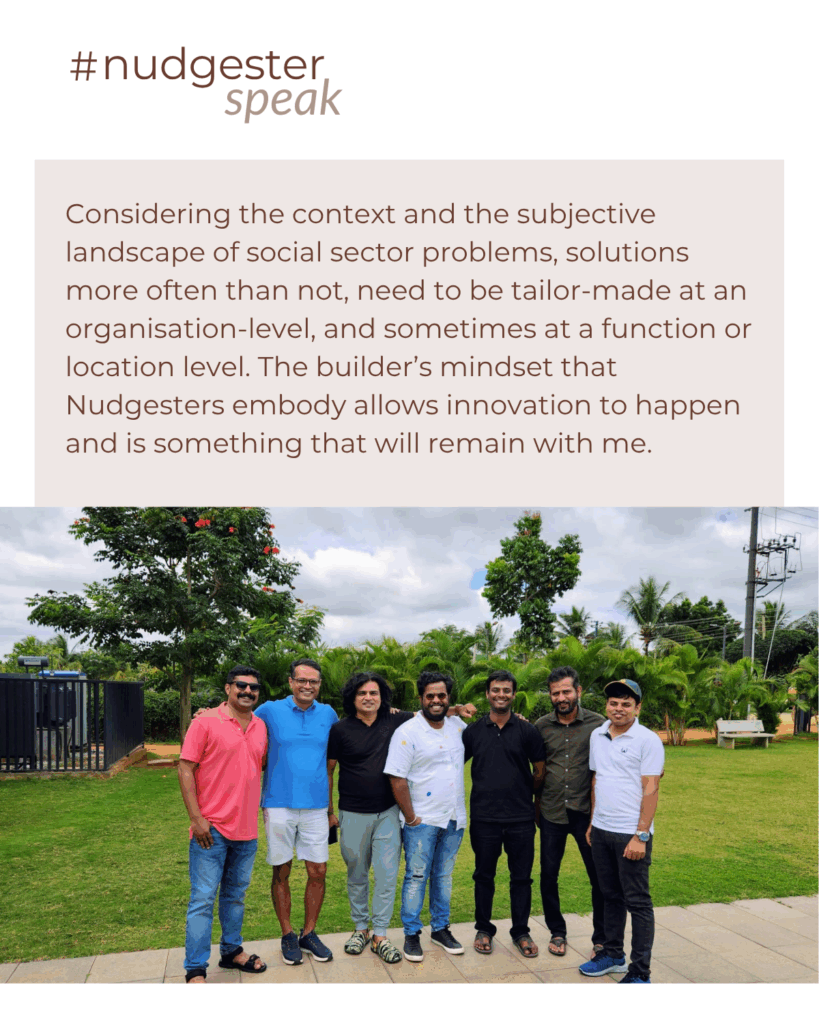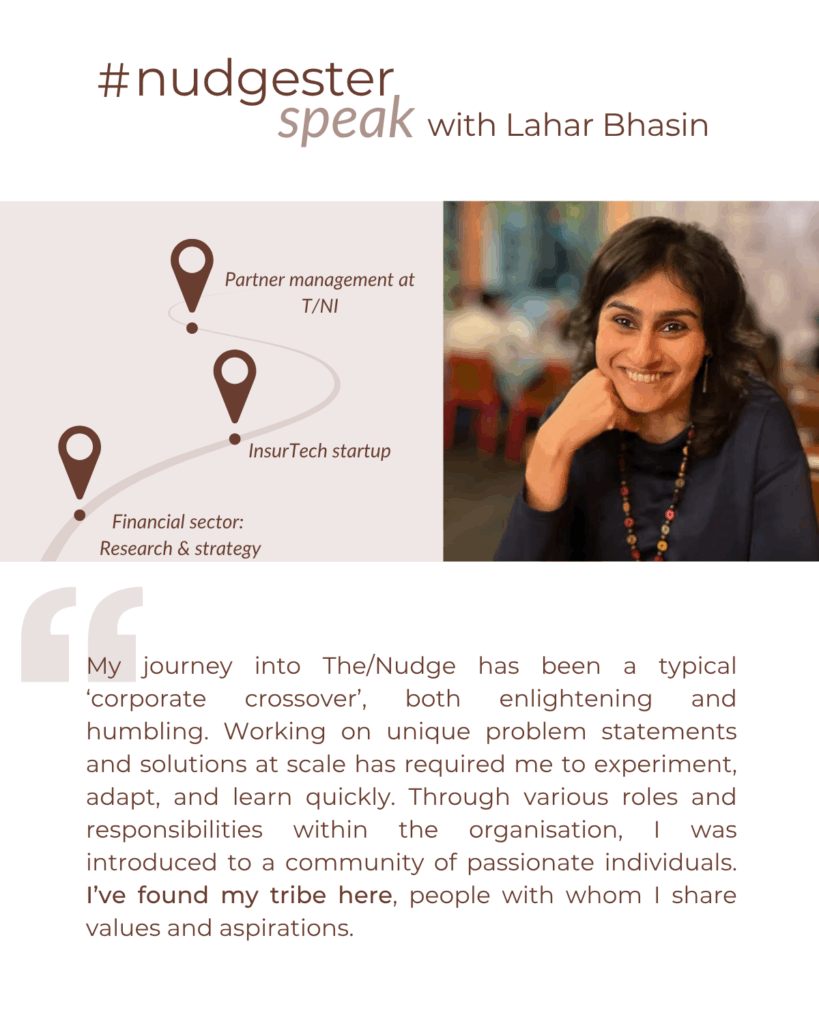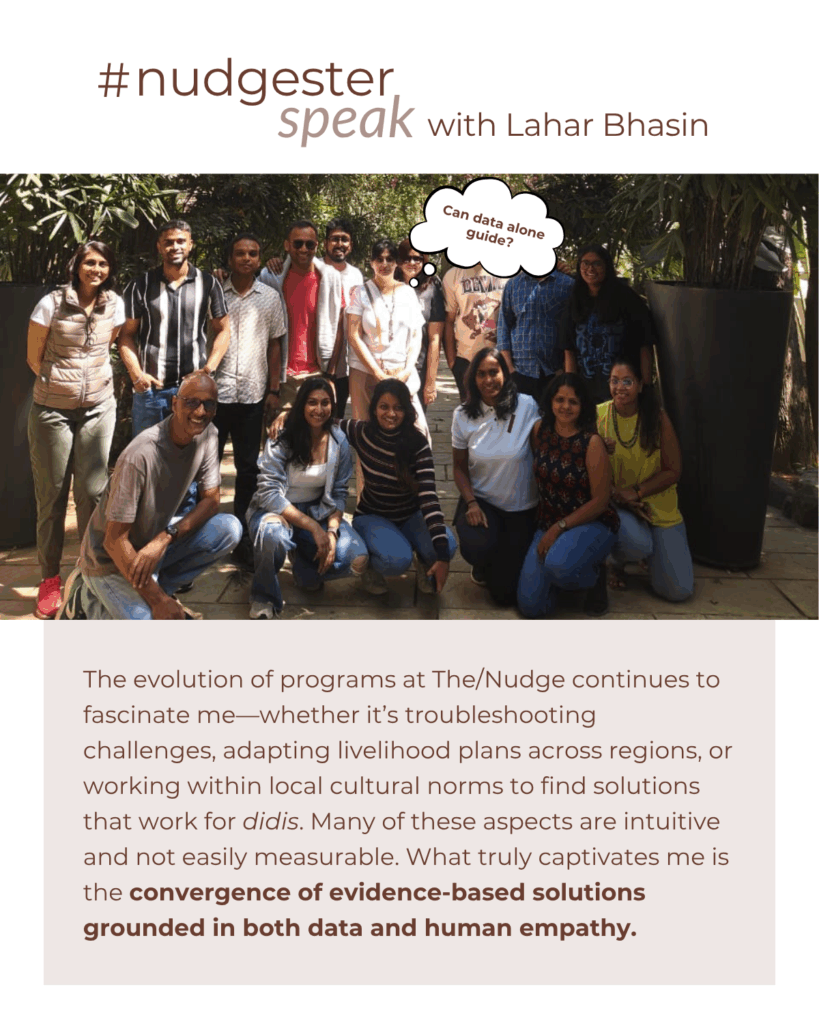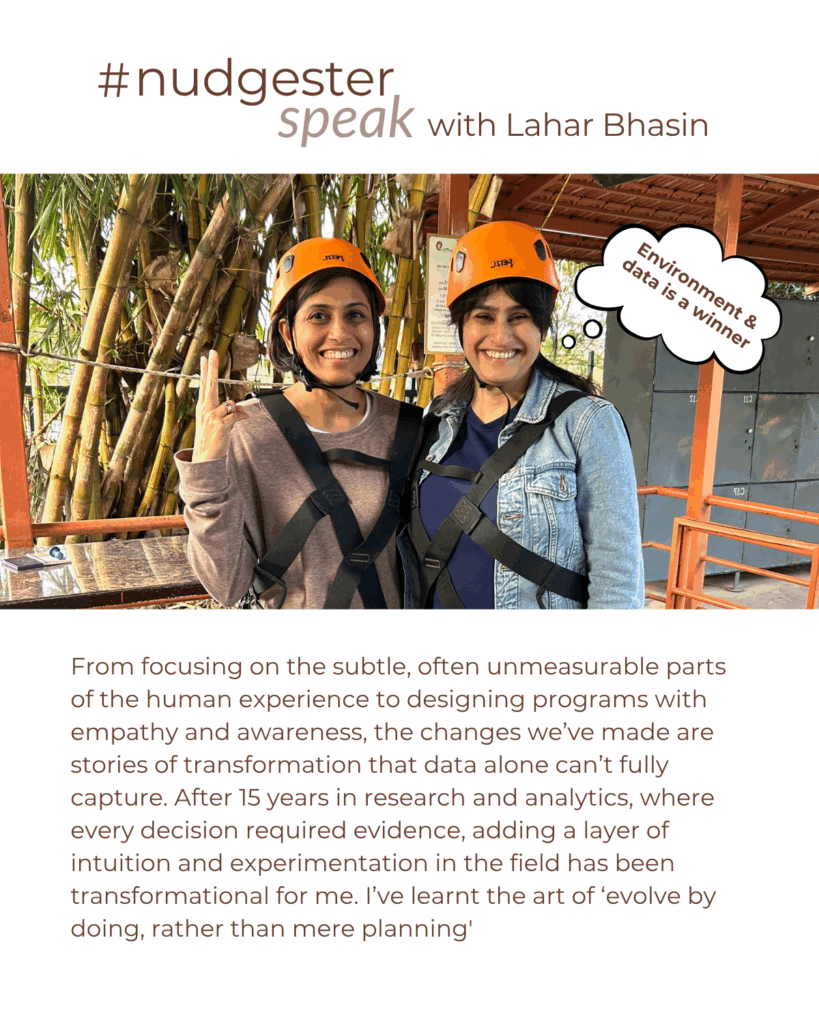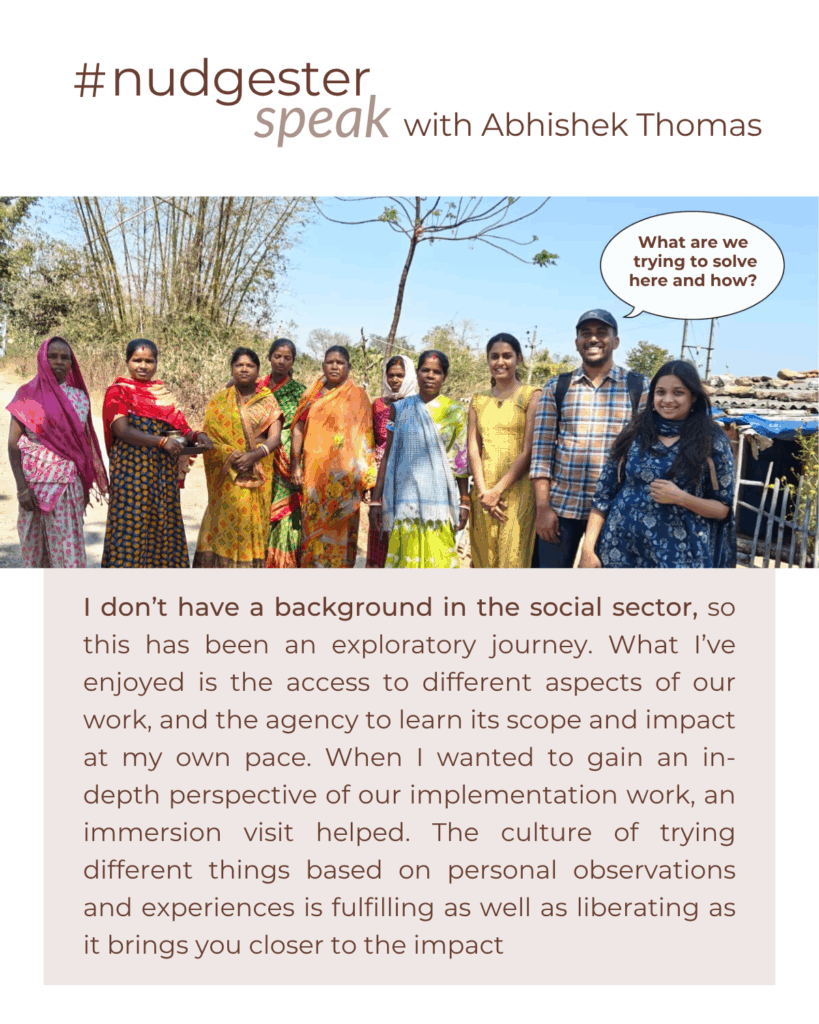Q: Which experiences or influences from your early life inspired you to address health challenges in underserved communities through entrepreneurship?
A: It wasn’t really my early life that shaped this path, but rather my later professional experiences. As I worked in healthcare and public health, I saw just how many people were falling through the cracks of the system. Entire communities were living without access to even the most basic medical care, and it was clear that traditional approaches weren’t reaching them. That realization motivated me to explore how entrepreneurship and innovation could bridge these gaps.
Q: Can you recall a key moment when you saw a gap or a problem in healthcare access and thought, “This really needs to change”?
A: As a woman, I’ve personally felt how patriarchal norms restrict women’s access to healthcare. Women often don’t have the money, mobility, or agency to seek care; the clinic may be far away, they may lack permission to go, or they may need a companion. This means healthcare is not just about distance, but about social barriers too. That moment of recognition made me determined to work on changing the system so that women and other vulnerable groups could access care with dignity.
Q: What steps transformed your initial idea into concrete action with Intelehealth, and how has your main solution evolved over time?
A: Intelehealth began as a small pilot during my PhD at John Hopkins, where I tested connecting frontline health workers with doctors using simple, affordable technology. It was a very hands-on experiment, designed to see if digital tools could actually close the gap in underserved settings. Over time, this small pilot grew into a full-fledged open-source platform and a six-step implementation methodology. Today, governments can adopt it at state or national levels to strengthen their own health systems.
Q: In what ways do you see Intelehealth making a significant impact so far, and what new goals or directions are you excited about pursuing next?
A: To date, Intelehealth has enabled over 10 million teleconsultations, helping some of the most remote and marginalized communities receive timely care. This is not just about numbers, every consultation represents someone who might not otherwise have seen a doctor. We’ve seen firsthand how access improves trust in healthcare systems and outcomes for patients. Looking forward, our big goal is to integrate AI to enhance quality and to scale to 100 million consultations by 2030
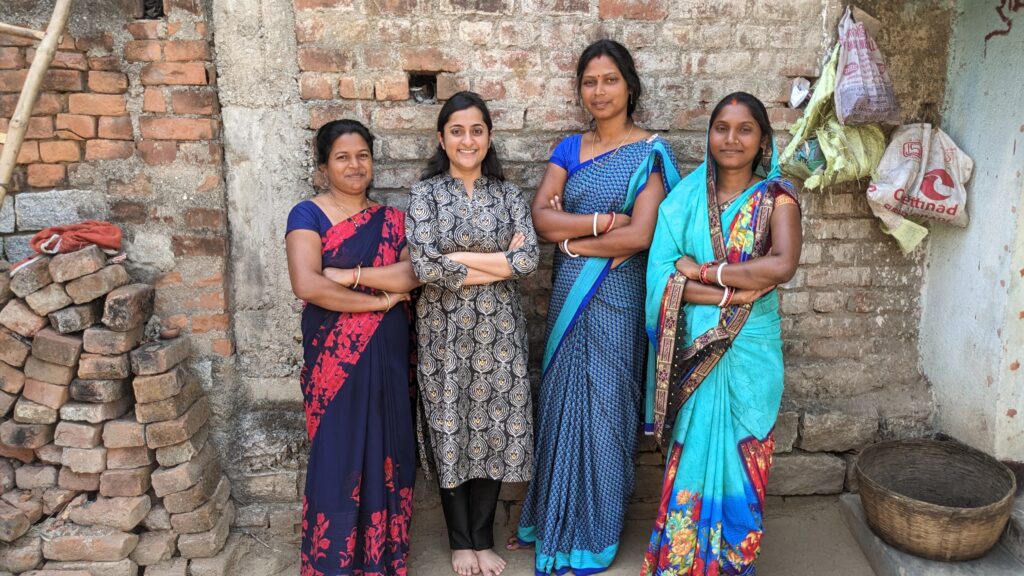
Q: Which experiences or influences from your early life inspired you to address health challenges in underserved communities through entrepreneurship?
A: It wasn’t really my early life that shaped this path, but rather my later professional experiences. As I worked in healthcare and public health, I saw just how many people were falling through the cracks of the system. Entire communities were living without access to even the most basic medical care, and it was clear that traditional approaches weren’t reaching them. That realization motivated me to explore how entrepreneurship and innovation could bridge these gaps.
Q: Can you recall a key moment when you saw a gap or a problem in healthcare access and thought, “This really needs to change”?
A: As a woman, I’ve personally felt how patriarchal norms restrict women’s access to healthcare. Women often don’t have the money, mobility, or agency to seek care; the clinic may be far away, they may lack permission to go, or they may need a companion. This means healthcare is not just about distance, but about social barriers too. That moment of recognition made me determined to work on changing the system so that women and other vulnerable groups could access care with dignity.
Q: What steps transformed your initial idea into concrete action with Intelehealth, and how has your main solution evolved over time?
A: Intelehealth began as a small pilot during my PhD at John Hopkins, where I tested connecting frontline health workers with doctors using simple, affordable technology. It was a very hands-on experiment, designed to see if digital tools could actually close the gap in underserved settings. Over time, this small pilot grew into a full-fledged open-source platform and a six-step implementation methodology. Today, governments can adopt it at state or national levels to strengthen their own health systems.
Q: In what ways do you see Intelehealth making a significant impact so far, and what new goals or directions are you excited about pursuing next?
A: To date, Intelehealth has enabled over 10 million teleconsultations, helping some of the most remote and marginalized communities receive timely care. This is not just about numbers, every consultation represents someone who might not otherwise have seen a doctor. We’ve seen firsthand how access improves trust in healthcare systems and outcomes for patients. Looking forward, our big goal is to integrate AI to enhance quality and to scale to 100 million consultations by 2030.
Q: What unique strategies or collaborations have enabled Intelehealth to connect meaningfully with marginalized or remote populations?
A: One of our strongest strategies has been to work through the trusted health workers already embedded in communities. By combining that grassroots trust with government partnerships, we create a bridge between local needs and systemic solutions. Governments provide the scale, infrastructure, and sustainability, while health workers provide community connection and trust. It’s this blend of trust, policy, and innovation that helps us reach the hardest-to-reach.
Q: How do you imagine scaling Intelehealth’s initiatives whether it’s deepening local impact or expanding to reach more communities?
A: For us, scaling has two sides: going deeper where we already work and expanding into new regions. Going deeper means strengthening quality, training, and sustainability in states where we’ve already built momentum. Expanding means partnering with new governments internationally, so that more countries can benefit from our open-source model. Ultimately, we want health systems to own and sustain these solutions, even after our direct role has ended.
Q: Can you share a story where you faced a major setback, and explain how you adapted or learned from that experience?
A: Early on, one of our biggest setbacks was unreliable internet connectivity, which made teleconsultations almost impossible in certain areas. It was frustrating to see the promise of the model blocked by something so basic. Instead of giving up, we redesigned the system to be offline-first and to support low-bandwidth video and audio calling, making it more practical in rural areas. That challenge taught us how to build technology that’s truly designed for the realities of healthcare delivery in low-resource settings.
Q: What practices, mindsets, or support networks help you stay resilient and committed to your mission through ups and downs?
A: What gives me resilience is seeing the real difference telemedicine makes for women and families. I remember an 8-month pregnant woman in Jharkhand who walked into a teleclinic with low blood pressure — 60/80 — and severe diarrhea. Through our platform she was able to consult a gynecologist, who prescribed antibiotics, confirmed she didn’t need referral, and guided the nurse to administer a saline drip to manage her dehydration and stabilize her BP. She received the care she needed safely and close to home, without the barriers of travel, cost, or permission. For her, it wasn’t just about treatment, it was about dignity, about being seen and cared for as she deserved. That’s the work that keeps me going, no matter the challenges.
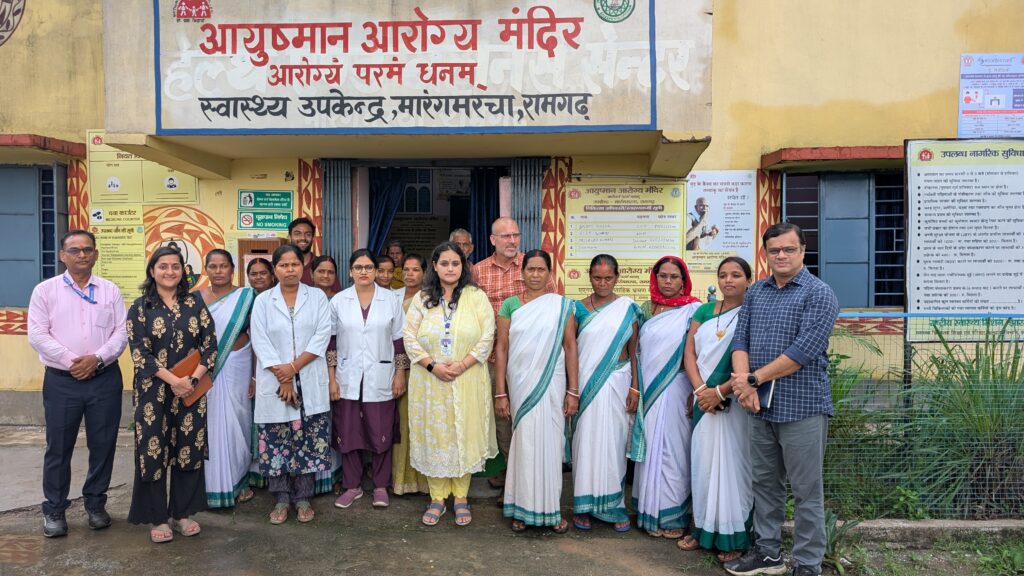
Q: Is there an insight or lesson you wish you had grasped earlier in your journey that might guide other aspiring social entrepreneurs?
A: I wish I had realized earlier just how central partnerships are to success in this kind of work. No matter how strong your idea is, you cannot do it alone. The right collaborators can accelerate your impact exponentially. Building trust and aligning with others takes time, but it pays off in resilience and reach. For aspiring entrepreneurs, I would say invest in relationships as much as you invest in innovation.
Q: How is AI changing Intelehealth’s approach or impact, and what possibilities do you see for artificial intelligence to improve healthcare delivery for underserved populations?
A: AI is opening up incredible new possibilities for us, from improving triage and diagnosis to supporting health workers with decision-making. It makes telemedicine smarter and more reliable, especially where doctors are few and resources are limited. We’re still in the early stages, but the potential to extend quality care to even the most remote corners is huge. Done responsibly, AI could be a game-changer for global health equity.

